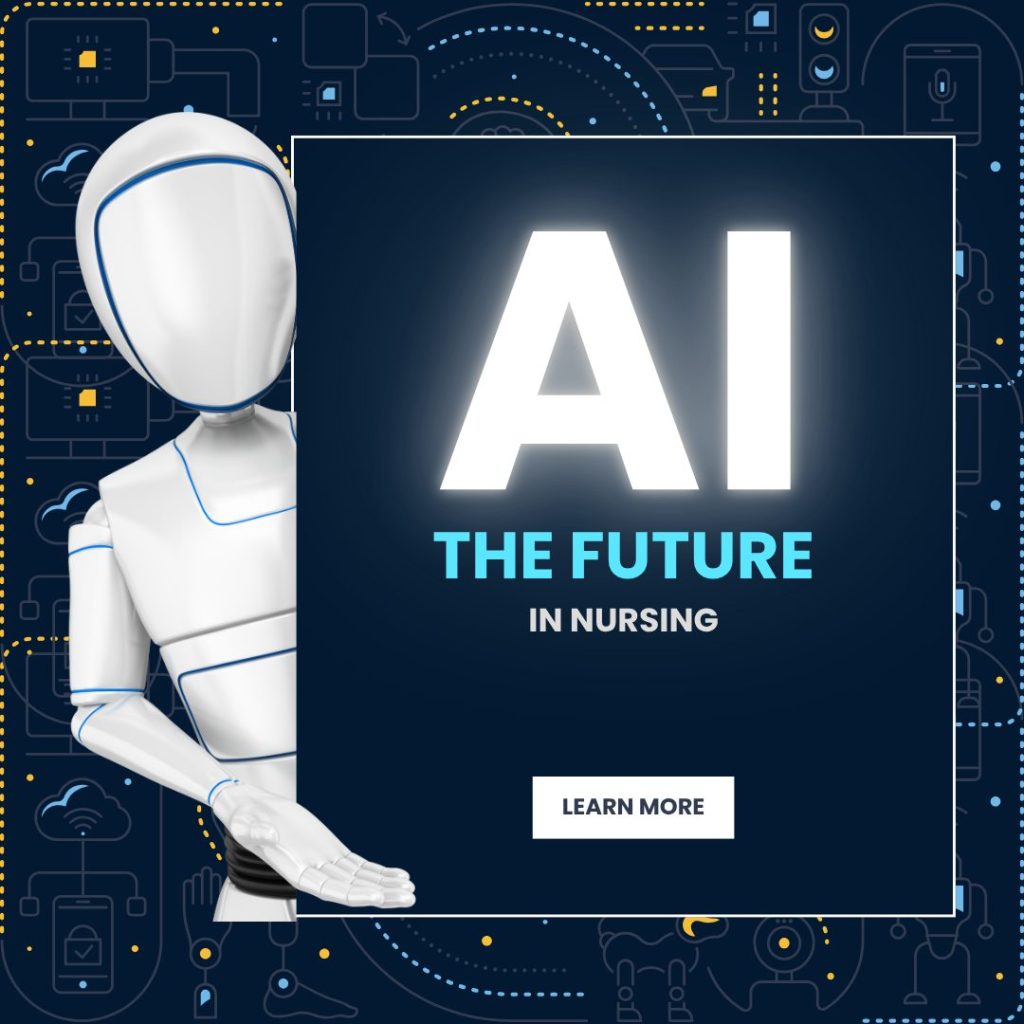Artificial Intelligence (AI) is no longer a distant concept—it’s rapidly transforming healthcare delivery across all sectors, including community nursing for children and families. As nurses working in schools, clinics, and home settings begin to harness AI’s potential, the impact on improving health outcomes and care efficiency is profound.
With over 15 years of nursing experience, I have witnessed an incredible evolution in technology—from cumbersome paper-based records to sophisticated AI-driven tools that enhance clinical decision-making and streamline workflows. This transformation not only shapes how nurses work but also how they engage with patients and families to deliver personalized, holistic care.
Understanding AI in Healthcare
AI encompasses computer systems designed to perform tasks that typically require human intelligence, such as analyzing complex data, recognizing patterns, and supporting clinical decisions. In community nursing, AI applications range from predictive analytics and remote monitoring to intelligent documentation and patient education—all pivotal in caring for the unique needs of children and families.
AI’s Impact on Nursing Roles in Community Child Health
- Proactive Monitoring and Early Intervention: AI-powered devices enable continuous tracking of vital signs and chronic conditions, allowing nurses to detect early warning signs and intervene promptly, reducing hospitalizations and emergencies.
- Tailored Care Planning: By synthesizing health histories, environmental factors, and social determinants, AI supports nurses in developing individualized care strategies that address the comprehensive needs of each child.
- Efficiency in Documentation and Communication: Automation of routine administrative tasks frees nurses to devote more time to direct patient care and strengthens communication channels between families, schools, and healthcare teams.
- Enhanced Health Education: Virtual assistants and chatbots provide families with personalized information, reminders, and resources, empowering them to take an active role in their children’s health.
- Population Health Insights: AI’s ability to analyze large datasets helps public health nurses identify emerging trends and allocate resources effectively for community-wide interventions.
Aligning AI with the Nursing and Midwifery Council (NMC) Code
The integration of AI in nursing practice must be firmly grounded in the principles outlined in the NMC Code, ensuring safe, effective, and compassionate care:
- Prioritising People: AI should amplify person-centred care by respecting the dignity and individuality of every child and family, ensuring technology complements rather than replaces the human touch.
- Practicing Effectively: Nurses have a professional duty to use AI tools judiciously—combining technological insights with clinical expertise and evidence-based practice.
- Preserving Safety: Vigilance is required to safeguard patient data privacy, identify AI system limitations, and promptly report any safety concerns or malfunctions.
- Promoting Professionalism and Trust: Transparency about AI’s role, obtaining informed consent where appropriate, and advocating for ethical deployment uphold public confidence in nursing care.
Nurses must approach AI outputs critically, communicate openly with families about technology use, and maintain rigorous standards for data security and confidentiality.
Benefits and Challenges of AI in Community Nursing
Benefits
- Improved early detection and personalized interventions enhance child health outcomes.
- Automation increases efficiency, allowing nurses to focus on relationship-building and complex care.
- Remote monitoring expands access to care, particularly in underserved areas.
- Personalized health education encourages family engagement and empowerment.
Challenges
- Maintaining personal connection amid growing technological reliance.
- Ensuring robust data privacy and security safeguards.
- Mitigating risks associated with AI inaccuracies or failures.
- Addressing digital inequalities to prevent widening health disparities.
The Future Nurse: Evolving Roles and Education in the AI Era
Nurses are evolving into tech-savvy clinicians who blend empathy with data-driven decision-making. This evolution demands a shift in nursing education, emphasizing:
- Digital literacy and AI fundamentals.
- Critical appraisal and interpretation of AI-generated data.
- Ethical considerations, patient communication, and advocacy.
- Practical experience with AI-enabled tools.
Ongoing professional development will be crucial to keeping pace with rapid technological advancements.
Navigating the Challenges of Training Nurses in AI
Training nurses to confidently and competently use AI involves overcoming several hurdles:
- Varied Technological Proficiency: Tailored training approaches are necessary to accommodate differing levels of digital literacy.
- Fast-Evolving Technology: Continuous updates to curricula and training programs are essential to keep content relevant.
- Curriculum Demands: Balancing AI education with the extensive clinical knowledge required in nursing without overwhelming students.
- Resource and Expertise Limitations: Investment in faculty development and infrastructure is critical.
- Complex Ethical and Legal Issues: Incorporating comprehensive education on data privacy, bias, and professional responsibility.
Strategies to Address These Challenges
- Phased integration of AI concepts starting with foundational knowledge.
- Hands-on, scenario-based learning to contextualize AI in practice.
- Accessible, ongoing training through workshops, webinars, and e-learning.
- Interdisciplinary collaboration with AI specialists and ethicists.
- Emphasis on maintaining the human-centred nature of nursing alongside technology.
Conclusion
Artificial Intelligence holds remarkable promise to revolutionize nursing care for children and families—enhancing early detection, personalizing care, and expanding access. However, its success depends on nurses who are well-prepared to use AI ethically and effectively, grounded in the principles of the NMC Code. As the nursing profession embraces this technological evolution, ongoing education and critical engagement will be key to ensuring AI serves as a powerful ally in delivering compassionate, high-quality care.



